Gandhi Jayanti 2025: Inside Gandhi’s 10 Rules for Changing the World
- Sayan Guha
- 4 months ago
- 3 minutes read
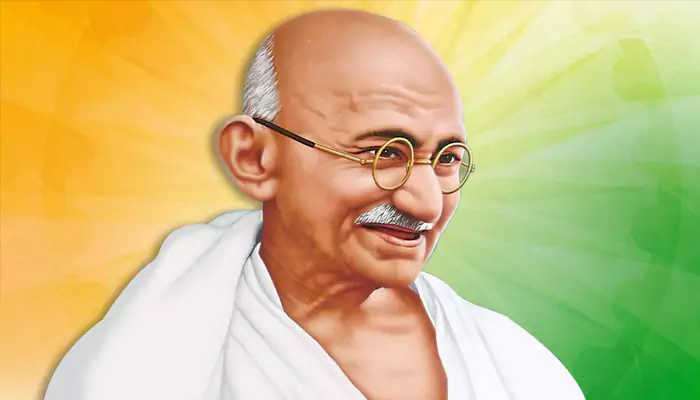
On his 156th birth anniversary, we revisit the timeless lessons of a man whose simplicity reshaped history
Can one man armed with nothing but simplicity, persistence, and truth shake an empire? On 2nd October 1869, Mohandas Karamchand Gandhi was born in Porbandar, Gujarat—a man who would go on to redefine freedom struggles without raising a sword.
As India celebrates his 156th birth anniversary this Gandhi Jayanti, it is worth pausing to ask: what exactly were the guiding principles that allowed him to command moral authority over millions and inspire movements for justice across continents?
Here are Gandhi’s ten enduring rules for changing the world—lessons that remain strikingly relevant in an age of noise, conflict, and discontent.
Change yourself before you change the world
For Gandhi, reform started from within. He believed that inner change was the basis for outer transformation. A shift in perspective, he argued, not only changed how one viewed the world but also how one acted within it. The path towards justice begins in the quiet chambers of self-reflection.
Take control of your response
Life will throw stones, but Gandhi emphasised that no insult or injury could hurt you without your consent. The power to choose calm over rage, dignity over despair, lies entirely within. His philosophy turned personal resilience into a shield against oppression.

Credit: BBC
Forgiveness as strength, not weakness
Gandhi taught that forgiveness was not capitulation, but a means to free oneself from the chains of anger. Vengeance, he warned, blinds entire societies. Forgiveness, on the other hand, clears the way for progress and reconciliation.
Action over empty words
For him, ideals mattered little without action. He embodied this principle through his spinning wheel, marches, and fasts. Preaching was simple; practice was transformative. The lesson is eternal: change requires effort, not just words.
Live in the present moment
Gandhi refused to mortgage today for the anxieties of tomorrow. By concentrating on the task at hand—whether a meeting with workers or a letter to the viceroy—he embodied mindfulness long before it became a fashionable phrase.

Credit: nobelprize
Humility in the face of human fallibility
He recognised greatness not in infallibility but in admitting mistakes and retracing steps. By acknowledging errors, Gandhi showed that even leaders could be vulnerable and that humility was the foundation of wisdom.
Persistence against all odds
Empires, he knew, do not fall apart overnight. Gandhi urged his followers to persevere through ridicule, opposition, and suffering. His patience was his strength, teaching us that significant victories are rarely immediate—they are achieved through perseverance.
Seeing the good in others
Instead of focusing on faults, Gandhi encouraged people to see the good in others. By appealing to conscience rather than coercion, he brought adversaries into dialogue and promoted cooperation over conflict.

Credit: Britanica
Authenticity as harmony
To him, happiness was harmony—when thought, word, and action moved in sync. His life itself became the message, reminding us that authenticity carries more weight than carefully rehearsed speeches.
Growth as a lifelong duty
Finally, Gandhi embraced change. He refused to be confined by dogma, constantly refining his ideas in response to new challenges. For him, the law of life was growth—without it, consistency becomes a prison.

Credit: successyeti
Why his rules still matter
In a time of fractured politics, environmental crises, and social upheavals, Gandhi’s ten rules provide both guidance and reassurance. They remind us that personal change drives collective progress, and that non-violence, perseverance, and humility are not relics of a past age but urgent needs today.

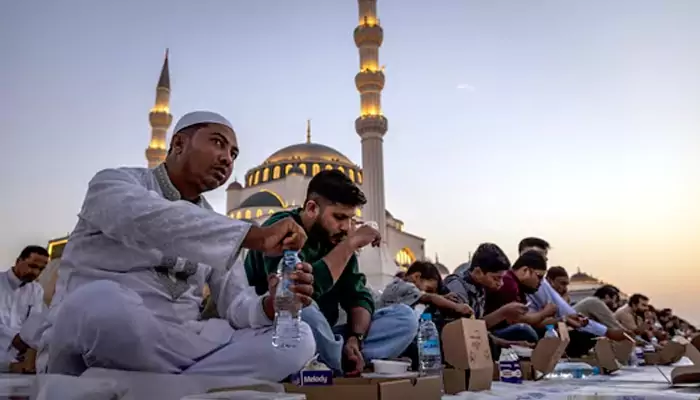
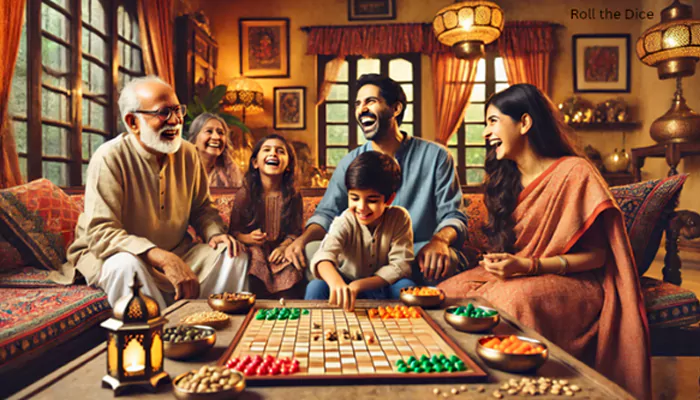
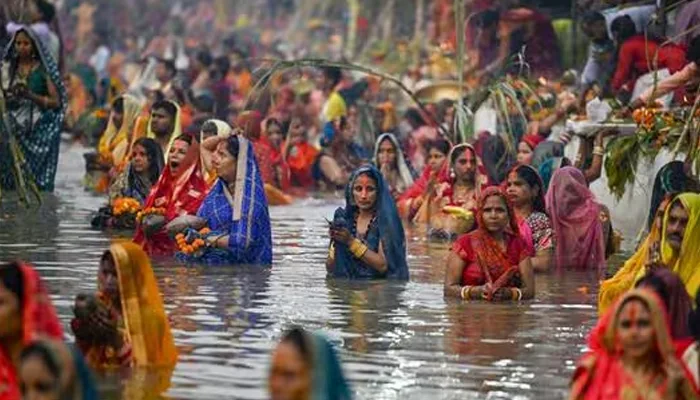


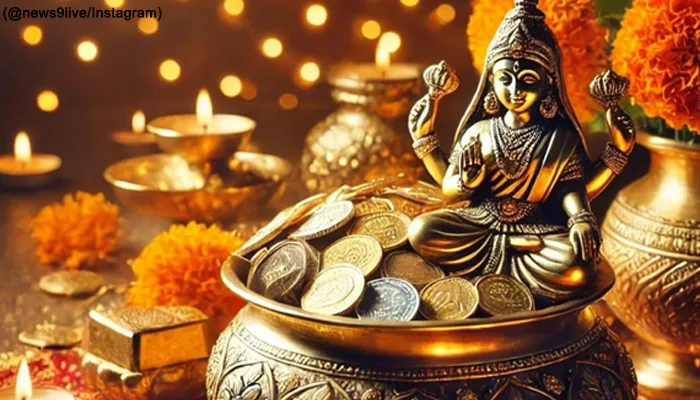
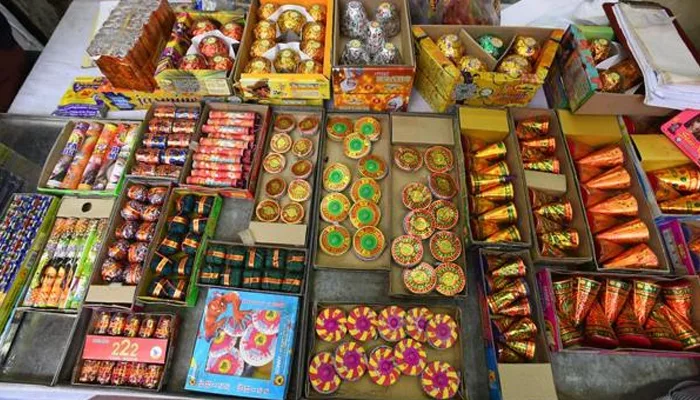
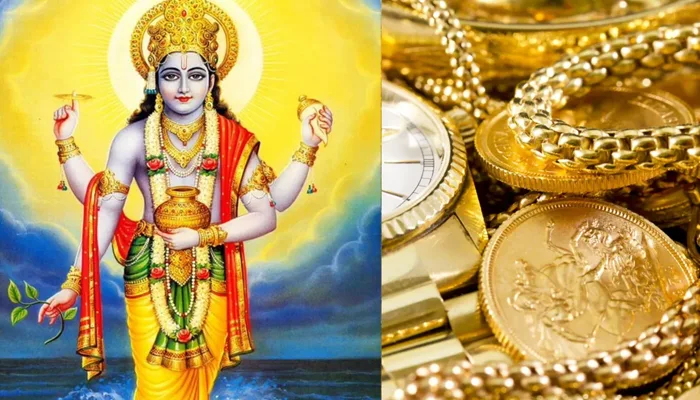


.webp)
